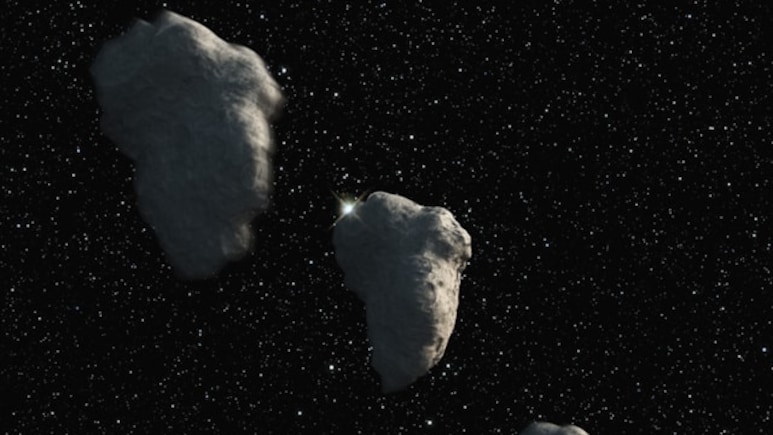
A new study has revealed that the asteroid belt between Mars and Jupiter is gradually losing its material over time, according to Universe Today. This region, once expected to form a planet during the Solar System's birth 4.6 billion years ago, never did-largely due to Jupiter's strong gravity. Instead of allowing material to come together, Jupiter caused collisions that broke things apart.
Today, what remains of the asteroid belt holds only about 3% of the Moon's mass, scattered across a wide area. Jupiter, along with Saturn and Mars, continues to affect the orbits of these space rocks, pulling some into the inner Solar System or out toward Jupiter. Others simply break into dust after crashing into each other.
A team of scientists led by Julio Fernandez from the Universidad de la Republica in Uruguay studied how fast the asteroid belt is losing material. They found it's shrinking by about 0.0088% each year-just from the part of the belt that still experiences collisions, as per the Universe Today.
While this number seems small, it becomes important when spread over billions of years. Of the material lost, about 20% escapes as larger fragments, which can sometimes enter Earth's orbit and become meteors. The remaining 80% turns into fine dust, adding to the zodiacal light-a faint glow in the night sky seen after sunset or before sunrise.
The study excluded the largest and most stable asteroids like Ceres, Vesta, and Pallas, which are no longer part of the main depletion process.
Understanding this ongoing loss helps scientists study Earth's history. Around 3.5 billion years ago, the asteroid belt might have been 50% more massive, with a much higher rate of impacts on Earth and the Moon. This lines up with what we know from ancient rock layers that show signs of past meteor strikes.
Though the asteroid belt may seem like a permanent part of our Solar System, this research shows it is slowly disappearing. Its history and future are closely linked with the evolution-and the safety-of our planet.
Track Latest News Live on NDTV.com and get news updates from India and around the world

